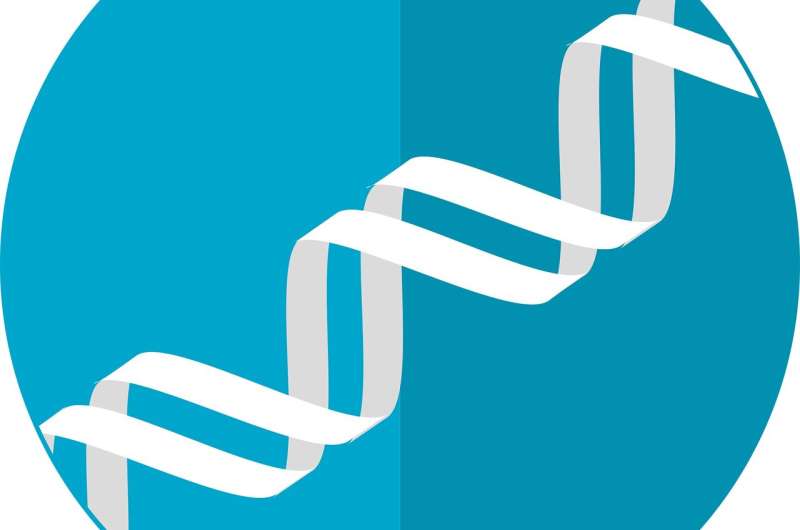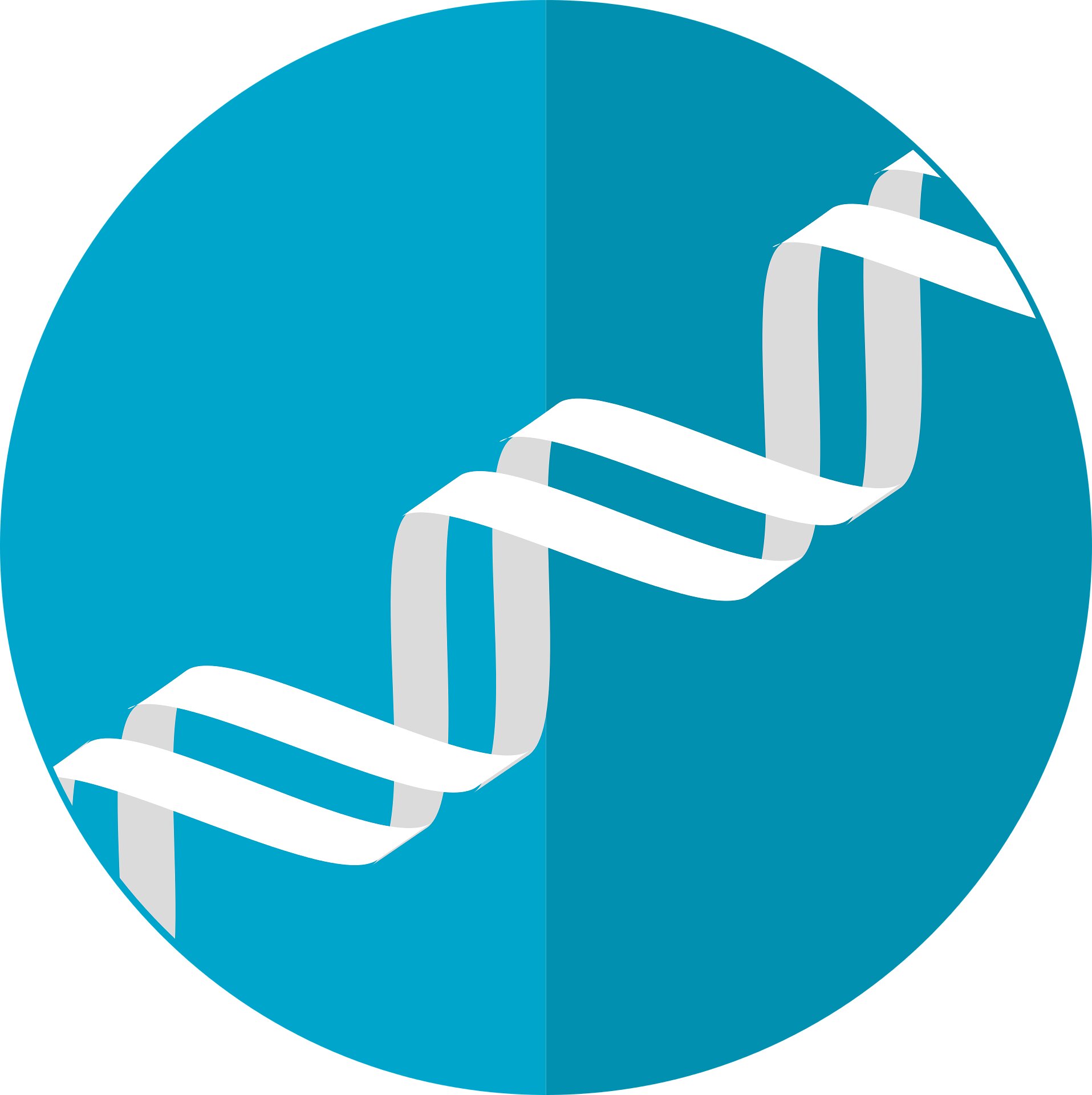
A global collaboration involving the Sunshine Coast Health Institute (SCHI) and the University of the Sunshine Coast (UniSC) has made a breakthrough discovery that could fast track diagnosis and support for families affected by a rare genetic disorder.
UniSC’s Professor Robert Harvey and Dr. Lachlan De Hayr, who are based at the Sunshine Coast Health Institute, were part of a team of genomics researchers who found a new disorder associated with intellectual disability and heart malformations linked to alterations in the ZMYND8 gene (Zinc Finger MYND-Type Containing 8).
The findings were published in Genetics in Medicine.
ZMYND8 was already known to have important functions in humans such as in DNA repair, transcription regulation and suppressing tumors, but had not previously been linked to human cognition and learning.
Functional studies revealed that ZMYND8 variants abolish binding to other proteins involved in synapse formation and responses to DNA damage.
Professor Harvey said that people in Australia who are diagnosed with these ZMYND8 variants can now access disability funding through the National Disability Insurance Scheme (NDIS).
“In future, genetic testing for ZMYND8 gene variants will mean that other affected children and families can access a rapid diagnosis and appropriate support,” Professor Harvey said.
“This will help avoid a lengthy journey that often includes misdiagnosis, referrals to multiple specialists, invasive tests, and years of uncertainty.”
Functional studies were conducted by Professor Harvey and Dr. De Hayr at the Sunshine Coast Health Institute, and Professor Annette Schenck at Radboud University Medical Centre and Associate Professor Irina Voineagu at UNSW Sydney.
The collaboration included Associate Professor Tony Roscioli from Neuroscience Research Australia, UNSW Sydney and New South Wales Health Pathology’s Randwick Genomics Laboratory and Dr. Colleen Carlston at Boston Children’s Hospital and Harvard Medical School.
SCHI Operations Manager Clare Hanlon said researchers undertake targeted research in fields that will optimize treatments and health outcomes for people in our region.
“Our clinical research laboratories are used by researchers and clinicians from our partner organizations to investigate health-related conditions,” Hanlon said.
“Some researchers, such as Professor Harvey, contribute to national and international collaborations.”
Source: Read Full Article
